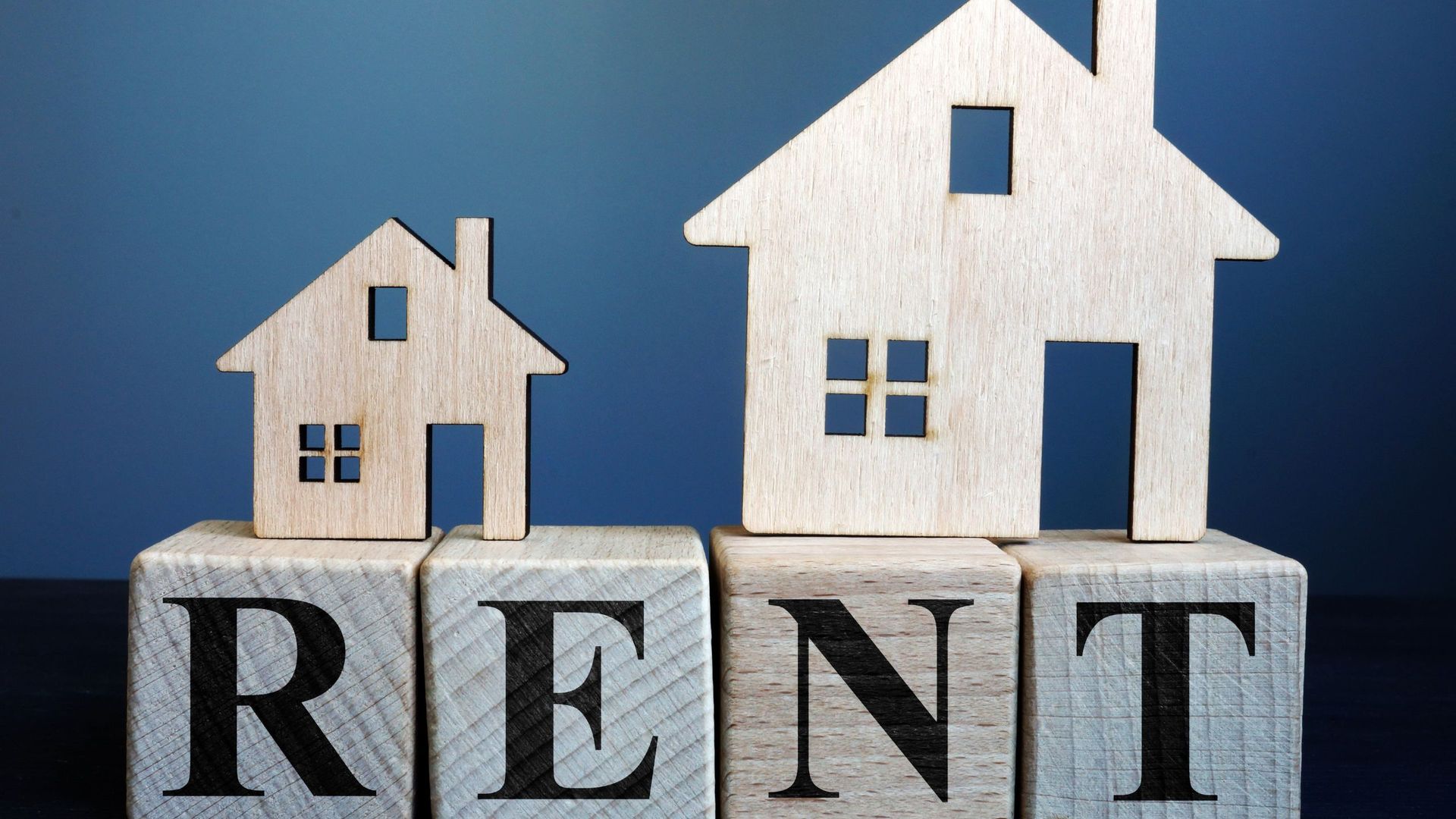Free Legal Form: How to Properly Withhold Rent in Florida
Protect Your Rights When Your Landlord Won't Make Repairs
If you're living with mold, broken air conditioning, pest infestations, or other serious maintenance issues, you may feel stuck between paying rent for an uninhabitable unit or risking eviction. The good news? Florida law allows tenants to withhold rent when landlords fail to maintain safe and habitable living conditions —but only if you follow the proper legal process.
At Korte & Associates, we want to make sure Florida tenants have the tools they need to protect their rights. That's why we've created a free, downloadable legal form that helps you properly notify your landlord before withholding rent.
When Can You Legally Withhold Rent in Florida?
Under Florida law, you can withhold rent when your landlord fails to maintain conditions that make your rental unit uninhabitable. However, you cannot just stop paying rent. You must follow specific legal procedures, or you could face eviction.
Common reasons tenants withhold rent include:
- Mold growth that affects health and safety
- Broken air conditioning (if included in your lease)
- Severe pest infestations
- Plumbing failures or lack of hot water
- Roof leaks causing property damage
- Exposed electrical wiring or safety hazards
Before you can withhold rent, Florida law requires you to give your landlord written notice and a reasonable opportunity to fix the problem—typically 7 days. This is where our free form comes in.
Why Proper Notice Matters
Many tenants make the mistake of simply stopping rent payments when conditions become unbearable. This can backfire. Without proper written notice, your landlord can claim you're in breach of your lease and move forward with eviction.
Using our legal form ensures that:
- You have documented proof you notified your landlord
- You followed Florida's legal requirements
- You gave your landlord a chance to make repairs
- You're protected if the issue goes to court
Documentation is everything in tenant-landlord disputes. This form creates a paper trail that can protect you in an eviction case or support a lawsuit against your landlord.
Download Your Free "Notice of Withholding Rent" Form
We've made it easy for Florida tenants to take the right legal steps. Our Notice of Withholding Rent Due to Unsafe Living Conditions is a professionally drafted form you can fill out and send to your landlord.
This form helps you:
- Clearly describe the uninhabitable conditions
- Reference Florida law and your lease agreement
- Provide your landlord with proper notice
- Establish a legal record of your complaint
Notice of Withholding Rent Due to Unsafe Living Conditions
Use this form to notify your landlord of unresolved issues affecting the habitability of your unit, such as mold, broken A/C, or pest infestations. You can fill it out directly in your browser or download it to complete offline.
What Happens After You Send the Notice?
Once you've properly notified your landlord using this form, Florida law requires them to make repairs within a reasonable time (typically 7 days for health and safety issues). If they fail to do so, you may have several options:
- Withhold rent until repairs are completed
- Terminate your lease without penalty
- Make repairs yourself and deduct the cost from rent (in some cases)
- Sue your landlord for damages
However, each situation is different, and taking the wrong step could put you at risk of eviction. That's why it's important to get legal guidance before you withhold rent or take other action.
Need Help Beyond the Form?
While this form is a powerful first step, navigating Florida's tenant laws can be complex. If your landlord ignores your notice, retaliates against you, or tries to evict you for asserting your rights, you need experienced legal representation.
At Korte & Associates, we help Florida tenants:
- Understand when and how to legally withhold rent
- Defend against wrongful eviction attempts
- Force landlords to make necessary repairs
- Recover damages for uninhabitable living conditions
- Hold negligent landlords accountable
We offer consultations to review your situation and explain your options. Don't navigate this alone—let our experienced tenant rights attorneys guide you through the process.



